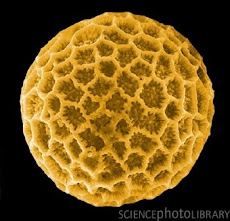Short Course in Radiocarbon Dating
23 a 24 de Março de 2011
Oxford university
This course is aimed at a wide community of radiocarbon users, including Quaternary
geologists, palaeobiologists, archaeologists and marine geoscientists. It will cover key aspects
of radiocarbon dating including sample selection, laboratory processes and Bayesian analyses of
radiocarbon dates. Various aspects relating to the production and interpretation of radiocarbon
dating will be taught by members of the NERC Radiocarbon Facility, based at both Oxford and
East Kilbride. This course aims to become a core component of practical radiocarbon training in the UK.
The programme has been formulated to introduce radiocarbon dating to participants by exploring
- through lectures, tours and tutorials - the key issues essential to the reliable production of
radiocarbon dates. Due to keen interest by many members of the user community, an introduction
to Bayesian analysis in the interpretation of radiocarbon data has been included as part of the course.
This course has been developed by the NERC Radiocarbon Facility, which is NERC and AHRC
funded and consists of the science-based archaeology node at Oxford (Oxford Radiocarbon
Accelerator Unit: ORAU) and the environment node at East Kilbride (Scottish Universities
Environmental Research Centre: SUERC).
NERC Radiocarbon Facility
